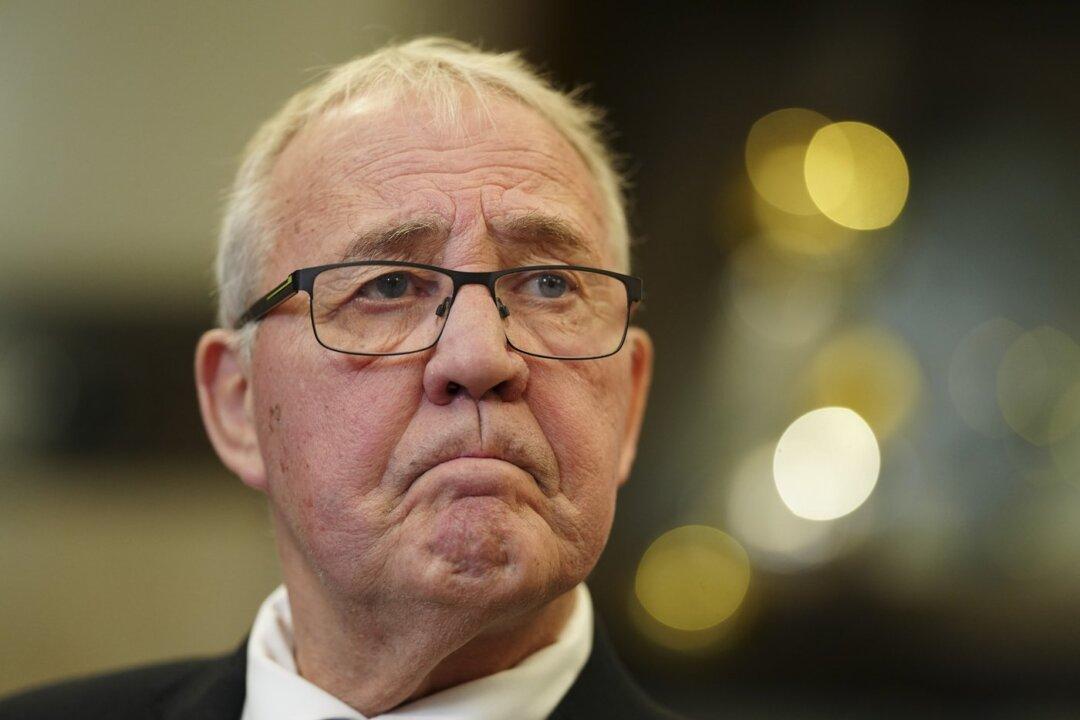Ottawa will donate more than 800 drones to help Ukraine in its ongoing war with Russia, Defence Minister Bill Blair has announced.
The Canadian-made drones, which come with a $95 million price tag, are expected to be delivered to Ukraine by spring, Mr. Blair told reporters during a Feb. 19 press conference. The SkyRanger R70 drones will be sourced from Teledyne, a company based in Waterloo, Ont.





